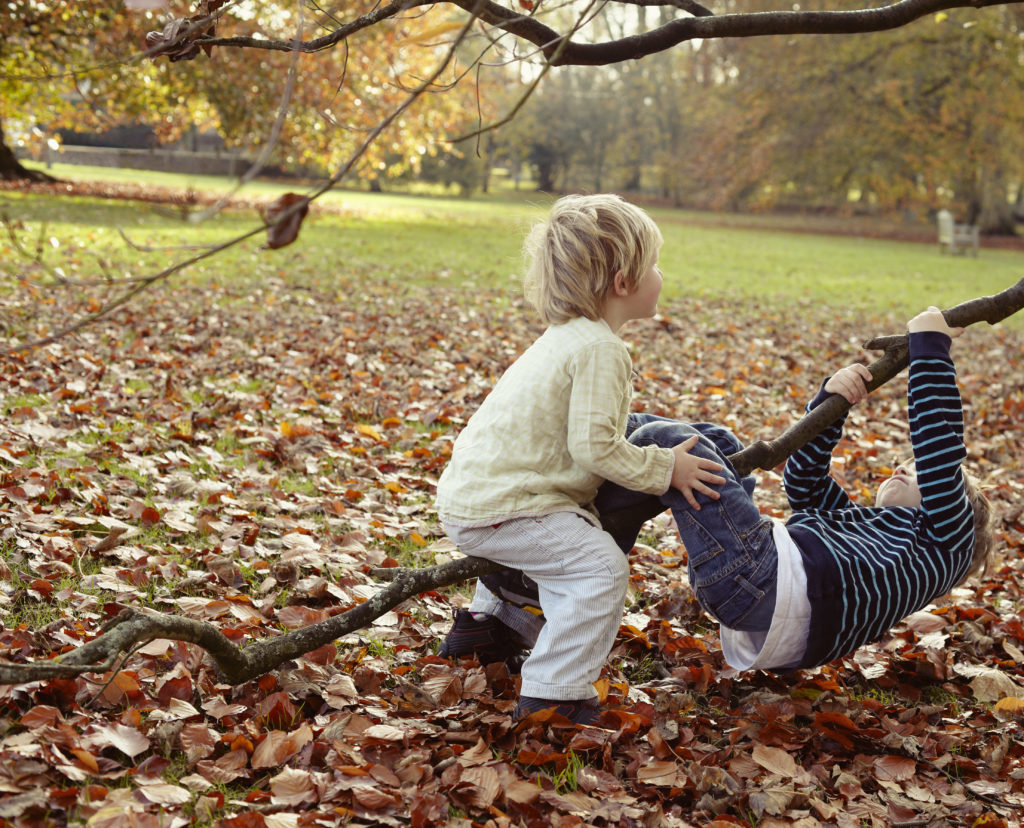
In the third of this series of articles on giving evidence I am going to explain about the issue of children giving live evidence in the Court.
Although children giving evidence in the court is rare, it does sometimes happen. The Court has to assess the child taking into account the guidelines issued by the Family Justice Council following the case of Re W. This assessment needs to be considered as early as possible in the proceedings.
The court’s principal objective is to achieve a fair hearing and the court should carry out a balancing exercise taking into account the possible advantages that the child being called will bring to determining the truth against the possible damage to the child’s welfare from giving evidence. The assessment is detailed and will look at various factors including:
-
- the child’s willingness to give evidence;
- the child’s ability to give evidence;
- the issues that need to be determined;
- the nature and severity of the allegations, where they came from and whether the case depends on the child’s allegations alone;
- the quality and reliability of any police interview;
- the maturity, vulnerability, understanding, capacity and competence of the child;
- the support or lack of support the child has;
- the quality and importance of the child’s evidence;
- the risk of further delay.
This is not a full list and the assessment considers matters in considerable detail to try to balance the risk of harm that the child may experience in giving evidence against minimising that harm. In addition, the Court will consider allowing the child to be heard and participate in the proceedings, as denying the child of the opportunity to do this may lead to emotional harm. The Court will also consider if there are any alternatives to a child giving live evidence such as asking the child questions, which could be answered away from the Court, or the child meeting the Judge in private.
If a decision is made for a child to give evidence, the Court will need to consider minimising the risk of harm to the child. The Guidelines discuss how this should be best achieved.
It is never easy determining whether a child should give evidence and if you require any further information about this, or have any questions concerning child arrangements, please contact a member of the family team who have specialists in issues regarding children and will be happy to assist.
Sarah Bell is a senior associate in our family team and a member of Resolution. Sarah can be contacted on 01872 265100 or by email family.truro@stephens-scown.co.uk